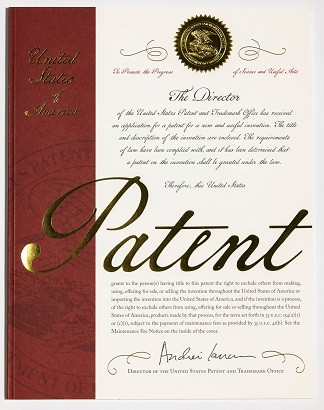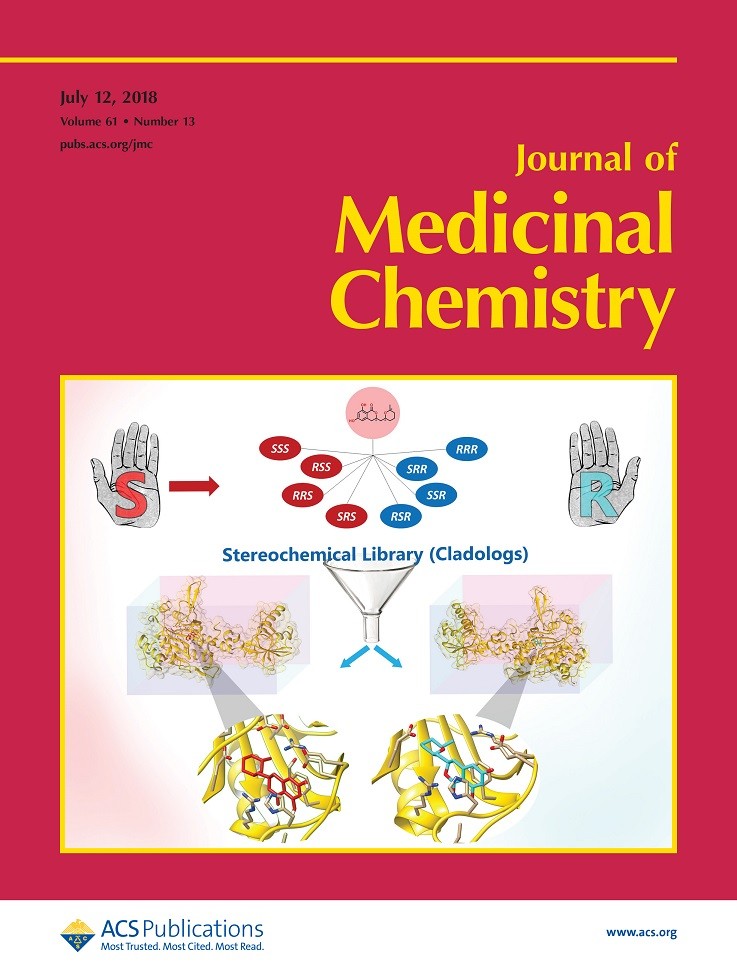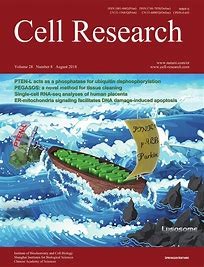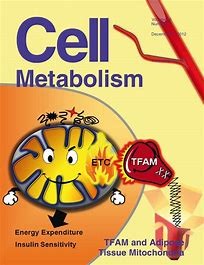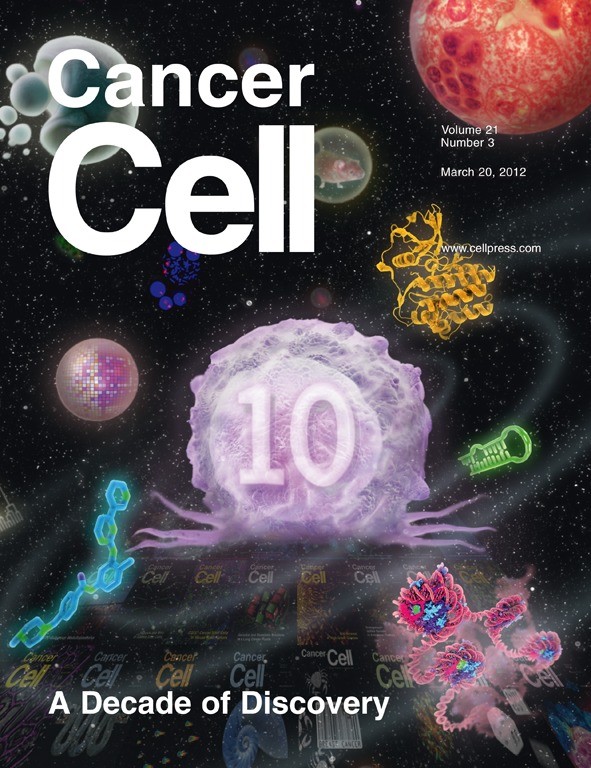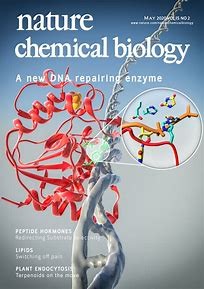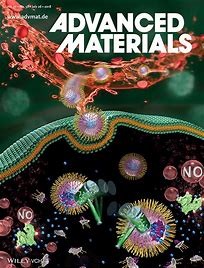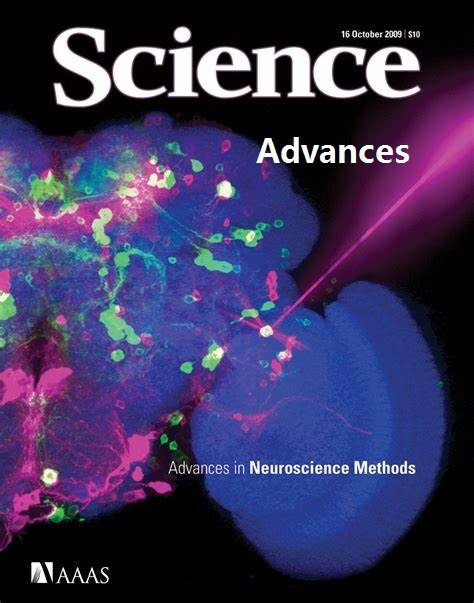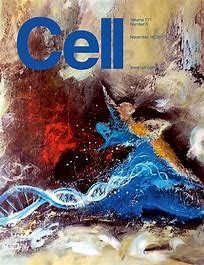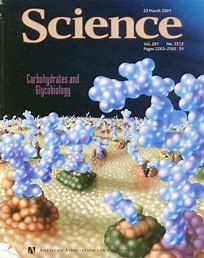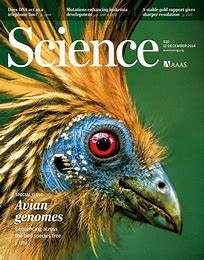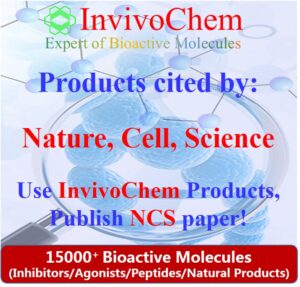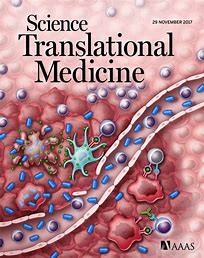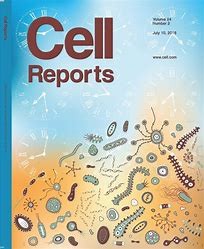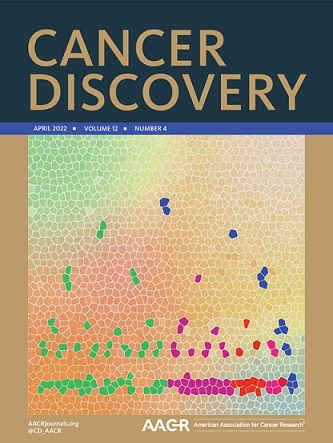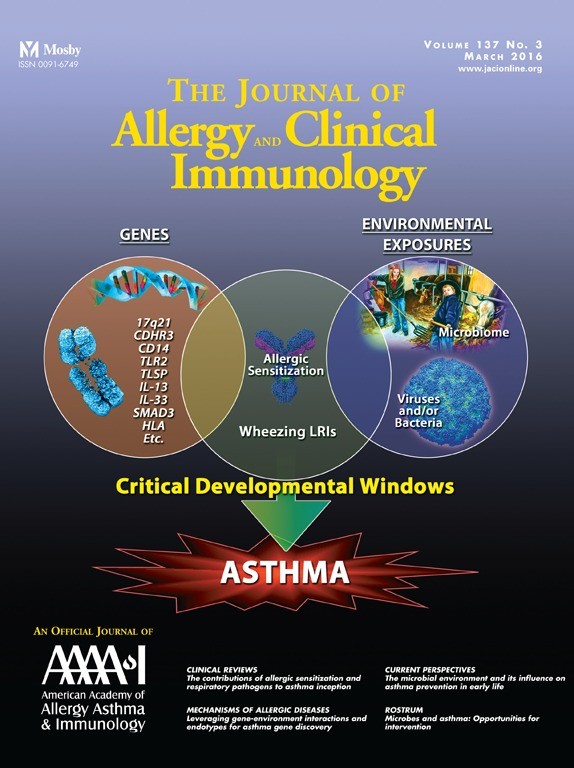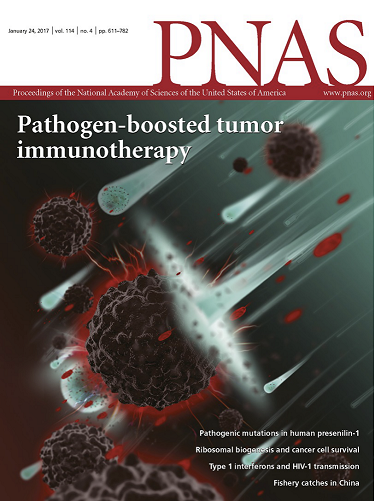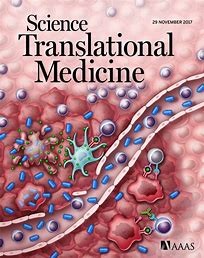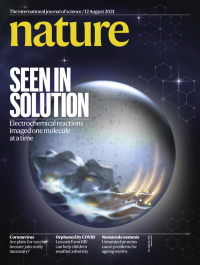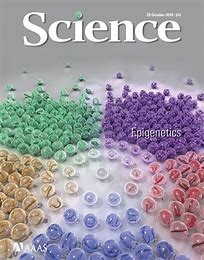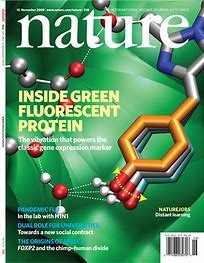Mefentrifluconazole (BAS-750F)
This product is for research use only, not for human use. We do not sell to patients.

For small sizes, please check our retail website as below: www.invivochem.com
| Size | Price | Stock |
|---|---|---|
| 250mg | $1200 | In Stock |
| 500mg | $1800 | In Stock |
| 1g | $2700 | In Stock |
Cat #: V39133 CAS #: 1417782-03-6 Purity ≥ 99%
Description: Mefentrifluconazole (BAS 750F; trade name Revysol) is a novel potent azole derivative used as an agrochemical and broad-spectrum antifungal agent for controlling of diseases on cereals.
Top Publications Citing Invivochem Products
Publications Citing InvivoChem Products
Product Promise

- Physicochemical and Storage Information
- Protocol
- Related Biological Data
- Stock Solution Preparation
- Quality Control Documentation
| Molecular Weight (MW) | 397.78 |
|---|---|
| Molecular Formula | C18H15ClF3N3O2 |
| CAS No. | 1417782-03-6 |
| SMILES Code | CC(O)(C1=CC=C(OC2=CC=C(Cl)C=C2)C=C1C(F)(F)F)CN3N=CN=C3 |
| Synonyms | BAS750F; Mefentrifluconazole; Revysol; BAS 750 F; BAS 750F; BAS-750F; |
| Protocol | In Vivo | Mefentrifluconazole undergoes extensive toxicity testing, including a full program of reproductive toxicity studies. Long term repeated dose toxicity and/or carcinogenicity studies have been conducted in rats, mice, and dogs. In each species, the highest dose level investigated gives rise to systemic toxicity. In the repeated-dose toxicity studies, the liver is the target organ in each of the three species investigated. At higher dose levels in the rat (oral diets; 383/334 mg/kg/bwt/d (4000 ppm)) and the C57BL/6JRj mouse (61 mg/kg bwt/d (300 ppm)), reduces body weight gain and food consumption, alters clinical chemistry parameters, increases liver weight and is accompanied by liver cell hypertrophy, and/or liver cell necrosis. At low doses, increases liver weight is not associated with any histopathological alterations and is considered to be an adaptive change to treatment. In the acute neurotoxicity study in rats, Mefentrifluconazole (oral administration; 2000 mg/kg bwt; single dose) gives rise to reduce body weight gain and transient neurobehavioral effects only on the day of treatment (unsteady gait, reduced motor activity, reduces grip strength of the forelimbs and increased distance between the hind limbs in the landing foot-splay test). In the acute and repeat dose toxicity studies performed with Mefentrifluconazole. A single-dose administration to rats the LD50 is >2000 mg/kg bwt by the oral route, >5000 mg/kg bwt by the dermal route, and >5.314 mg/L by inhalation as a dust aerosol. Mefentrifluconazole is not a skin or an eye irritant, nor is it a phototoxicant in vitro. |
|---|
These protocols are for reference only. InvivoChem does not
independently validate these methods.
| Solvent volume to be added | Mass (the weight of a compound) | |||
|---|---|---|---|---|
| Mother liquor concentration | 1mg | 5mg | 10mg | 20mg |
| 1mM | 2.5140 mL | 12.5698 mL | 25.1395 mL | 50.2790 mL |
| 5mM | 0.5028 mL | 2.5140 mL | 5.0279 mL | 10.0558 mL |
| 10mM | 0.2514 mL | 1.2570 mL | 2.5140 mL | 5.0279 mL |
| 20mM | 0.1257 mL | 0.6285 mL | 1.2570 mL | 2.5140 mL |
The molarity calculator equation
Mass(g) = Concentration(mol/L) × Volume(L) × Molecular Weight(g/mol)
Mass
=
Concentration
×
Volume
×
Molecular Weight*
The dilution calculator equation
Concentration(start)
×
Volume(start)
=
Concentration(final)
×
Volume(final)
This equation is commonly abbreviated as: C1 V1 = C2 V2
Concentration(start)
C1
×
Volume(start)
V1
=
Concentration(final)
C2
×
Volume(final)
V2
Step One: Enter information below
Dosage mg/kg
Average weight of animals g
Dosing volume per animal µL
Number of animals
Step Two: Enter the in vivo formulation
%DMSO
+
%
+
%Tween 80
+
%ddH2O
Calculation Results:
Working concentration:
mg/ml;
Method for preparing DMSO master liquid:
mg
drug pre-dissolved in
µL
DMSO(Master liquid concentration
mg/mL)
,Please contact us first if the concentration exceeds the DMSO solubility of the batch of drug.
Method for preparing in vivo formulation:
Take
µL
DMSO master liquid, next add
µL
PEG300, mix and clarify, next add
µL
Tween 80,mix and clarify, next add
µL
ddH2O,mix and clarify.
Note:
- (1) Please be sure that the solution is clear before the addition of next solvent. Dissolution methods like vortex, ultrasound or warming and heat may be used to aid dissolving.
- (2) Be sure to add the solvent(s) in order.
